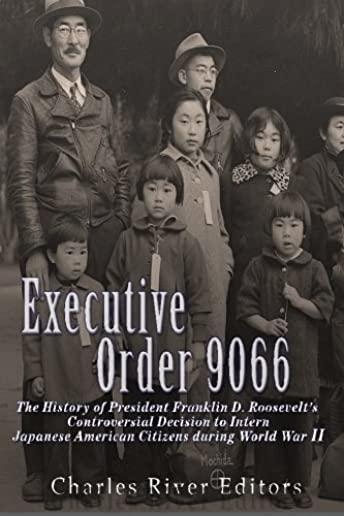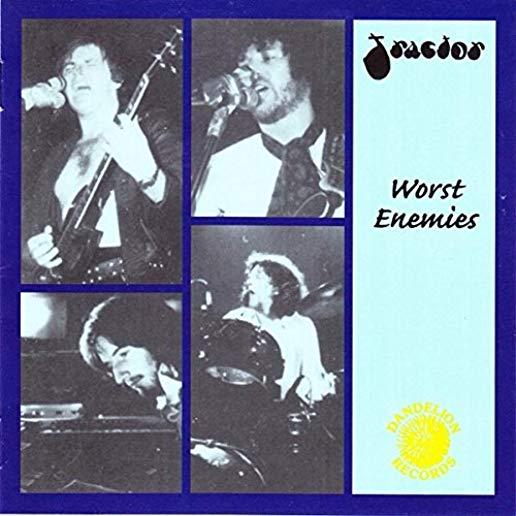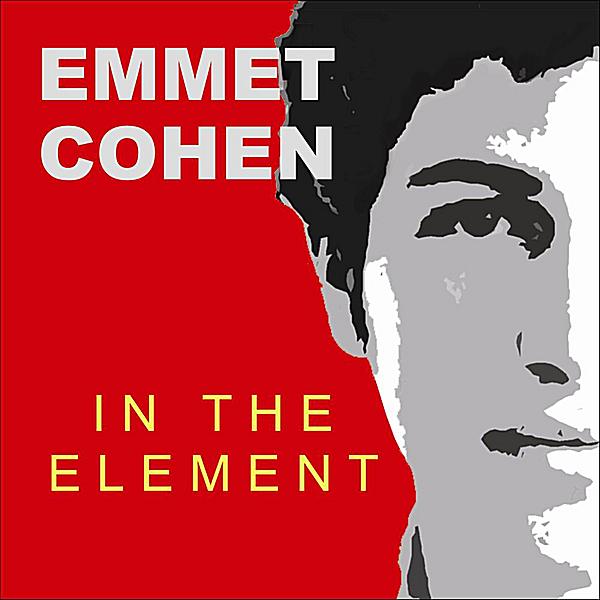
Charles River Editors
product information
description
3*Includes pictures *Includes quotes by people interned and administration officials in charge of the internment *Includes online resources and a bibliography for further reading *Includes a table of contents "I don't want any of them here. They are a dangerous element. There is no way to determine their loyalty... It makes no difference whether he is an American citizen, he is still a Japanese. American citizenship does not necessarily determine loyalty... But we must worry about the Japanese all the time until he is wiped off the map." - General John L. DeWitt, head of the Western Command All Americans are familiar with the "day that will live in infamy." At 9:30 a.m. on Sunday, December 7, 1941, Pearl Harbor, the advanced base of the United States Navy's Pacific Fleet, was ablaze. It had been smashed by aircraft launched by the carriers of the Imperial Japanese Navy. All eight battleships had been sunk or badly damaged, 350 aircraft had been knocked out, and over 2,000 Americans lay dead. Indelible images of the USS Arizona exploding and the USS Oklahoma capsizing and floating upside down have been ingrained in the American conscience ever since. In less than an hour and a half the Japanese had almost wiped out America's entire naval presence in the Pacific. Even before Congress declared war on Japan the day after Pearl Harbor, the implications for people of Japanese ancestry living in the United States had begun. On December 7th, several hundred Issei, or first-generation Japanese immigrants, were arrested in Hawaii and on the mainland, having been earlier identified by the FBI as potentially disloyal to the United States. In the months that followed, the scope of suspicion would expand to include all of the 125,000 Japanese living on the mainland, and, though a smaller percentage, many in Hawaii as well. By the time the war ended, the period of internment of Japanese immigrants and citizens, lasting from 1941-1945, was considered one of the most unfortunate episodes of American history. Many government officials in the immediate aftermath of the war era continued to defend internment, citing the possibility of attack and the need to protect Americans at all costs. There were many Americans, however, whose rights as citizens went unprotected, and political arguments aside, no American can fail to acknowledge the costs of internment to Nikkei families, physically, financially, socially and psychologically. Executive Order 9066: The History of President Franklin D. Roosevelt's Controversial Decision to Intern Japanese American Citizens During World War II examines one of the darkest chapters in American history. Along with pictures of important people, places, and events, you will learn about the decision to intern Japanese Americans like never before.
member goods
No member items were found under this heading.
Return Policy
All sales are final
Shipping
No special shipping considerations available.
Shipping fees determined at checkout.







